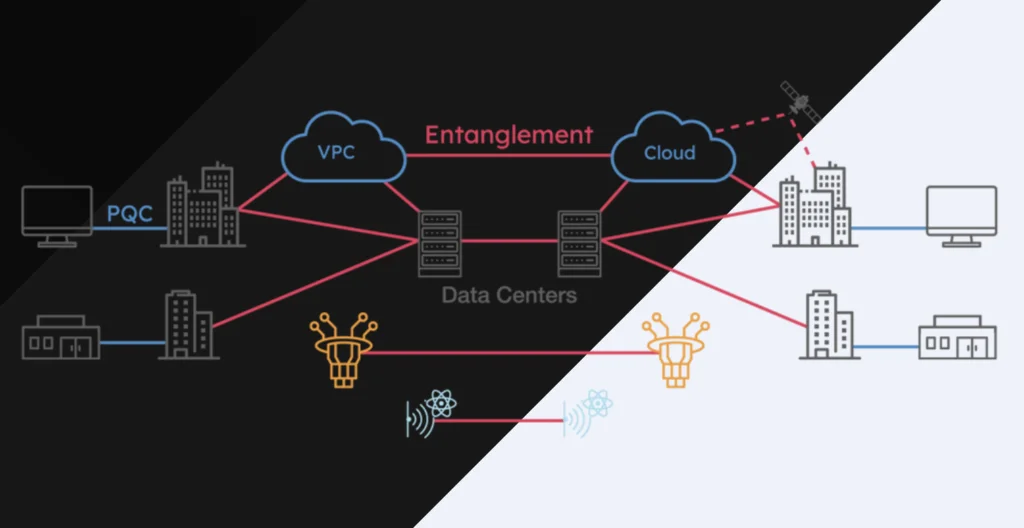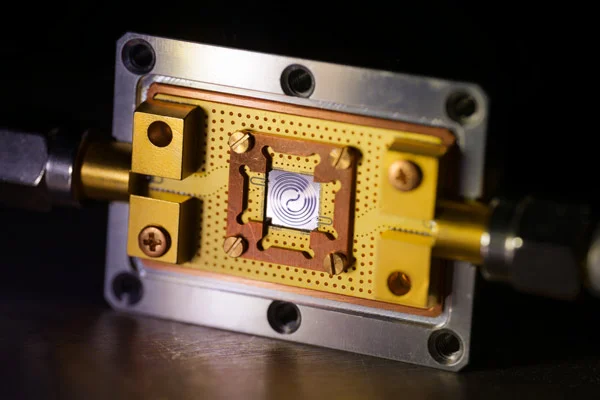“We are stuck with technology when what we really want is just stuff that works.” — Douglas Adams
For most people in the quantum computing community, quantum is a technology. It’s based on science and realized through engineering. Beyond the tools of scientific materialism, there’s little “philosophy” needed to build the hardware, software and applications of the quantum era.
That might be a problem.
The emergence of new technologies rarely fails to impact philosophy and religion — and vice versa. Agriculture sowed the seeds — pun shamelessly intended — that upended humanity’s idea of property and rearranged social construction. The printing press democratized philosophic and religious ideas, just to name a few. Machines gave rise to the clockwork universe.

Quantum computers — a technology that is difficult to fully understand — may usher in seismic philosophic changes.
Here are a few ways that philosophers expect the spread and adoption of quantum computers could have on humanity.
The Nature of Reality
“[Quantum mechanics] describes nature as absurd from the point of view of common sense. And yet it fully agrees with experiment. So I hope you can accept nature as She is – absurd.” — Richard P. Feynman
When we refer to “seismic” changes, there can be no greater impact than quantum’s potential to change how we understand reality itself. Quantum mechanics is a highly successful theory that describes the behavior of the fundamental constituents of the universe. Its findings, however, challenge our traditional conceptions of reality, including the concepts of causality, locality, and determinism. The strange properties of quantum computing, such as entanglement and superposition, suggest that reality may be more complex than we previously imagined.
The Limits of Computation
“The Church-Turing thesis states that any problem that can be solved by an algorithmic process can be solved by a Turing machine. Quantum computers violate this thesis by allowing certain problems to be solved much faster than classical computers.” – Scott Aaronson
Quantum computing promises to solve certain problems that are intractable for classical computers. However, it also raises questions about the limits of computation and the nature of algorithmic complexity. Some theorists have proposed that the Church-Turing thesis, which states that any computable problem can be solved by a Turing machine, may not hold in the quantum realm.
Understanding limits — or the lack, thereof — would definitely impact humanity.
The Role of Observation
“The theory of quantum mechanics is not perfect, but it’s the best we have. It’s a way of looking at nature that has allowed us to understand the behavior of the smallest particles of matter, and yet it’s also given us a new perspective on the observer, and on ourselves.” – John Polkinghorne
Since Galileo and his telescopes, science has steadily pushed humanity farther from the center of the physical universe. Our earth wasn’t the center of the solar system and, later, our solar system was not placed at the center of the galaxy. Many interpretations of quantum mechanics reverse this many-centuries trend and place not just humanity, but the observer, back at the center of reality.
In quantum mechanics, the act of measurement or observation is crucial in determining the state of a system. This raises questions about the role of the observer and the nature of reality independent of observation. Some theorists have suggested that quantum mechanics implies a form of subjective idealism, in which reality is created by the act of observation.
The Implications for Cryptography
“Everything we do over the Internet today, from buying things online to banking transactions, is encrypted. But once a functioning quantum computer appears that will be able to break that encryption… it will be able to clear bank accounts, completely shut down government defence systems – Bitcoin wallets will be drained.” — Ilyas Khan of Quantinuum and Harri Owen of Post Quantum, BBC, via Stormshield
Quantum computing has the potential to break many of the cryptographic protocols that underpin modern communication and commerce. This raises questions about the security of our digital infrastructure and the need for new cryptographic techniques that are resistant to quantum attacks.
When, Not If; How, Not Why
There is no doubt that quantum computing challenges our traditional ways of thinking about computation, information, and the nature of reality itself. The question may not be if quantum computing’s adoption will affect philosophy, but when. In fact, that question may be the wrong one to ask. The real question is how can we prepare people for the philosophical shift of quantum computing to help them live better lives.
For more market insights, check out our latest quantum computing news here.














